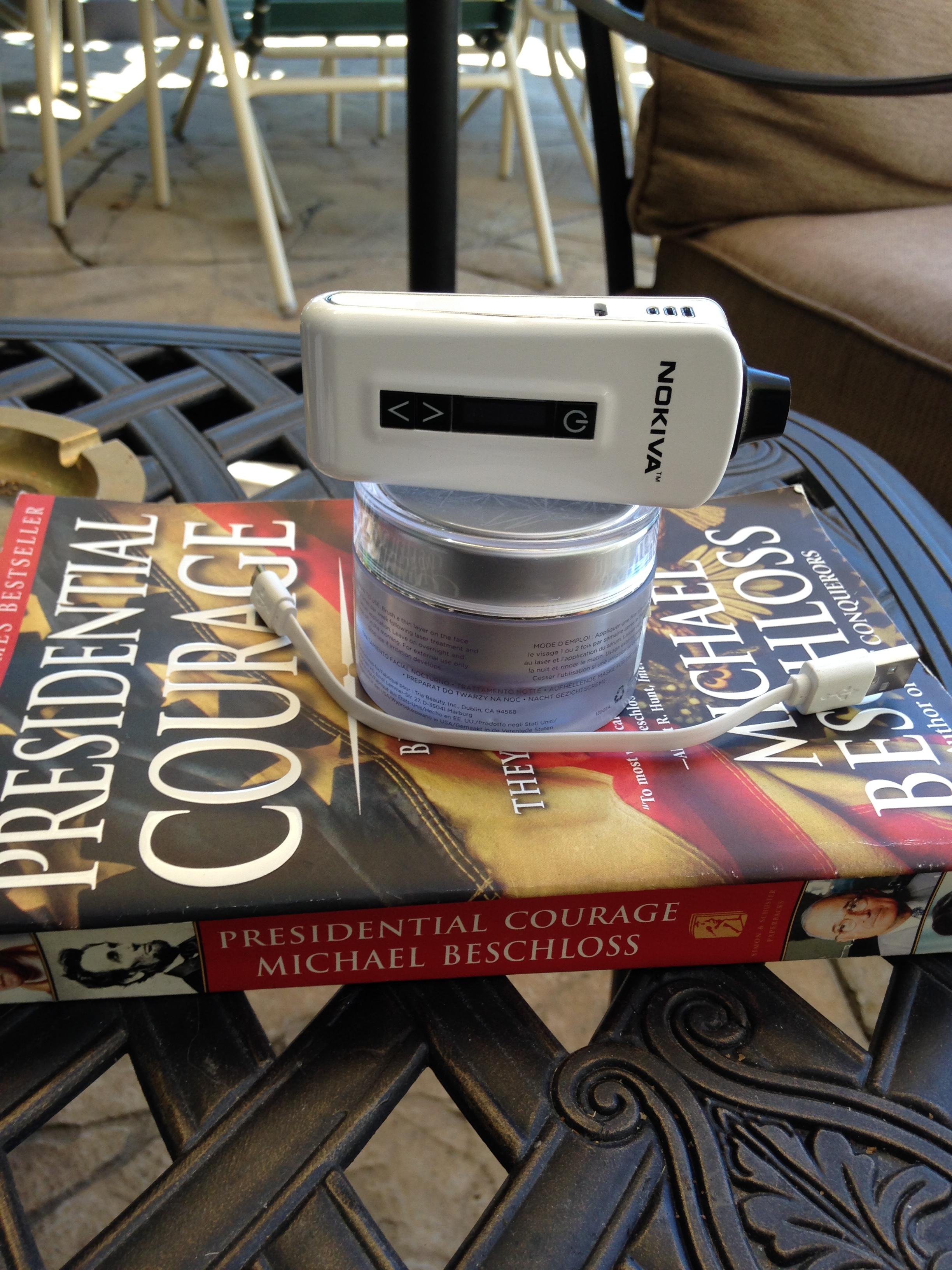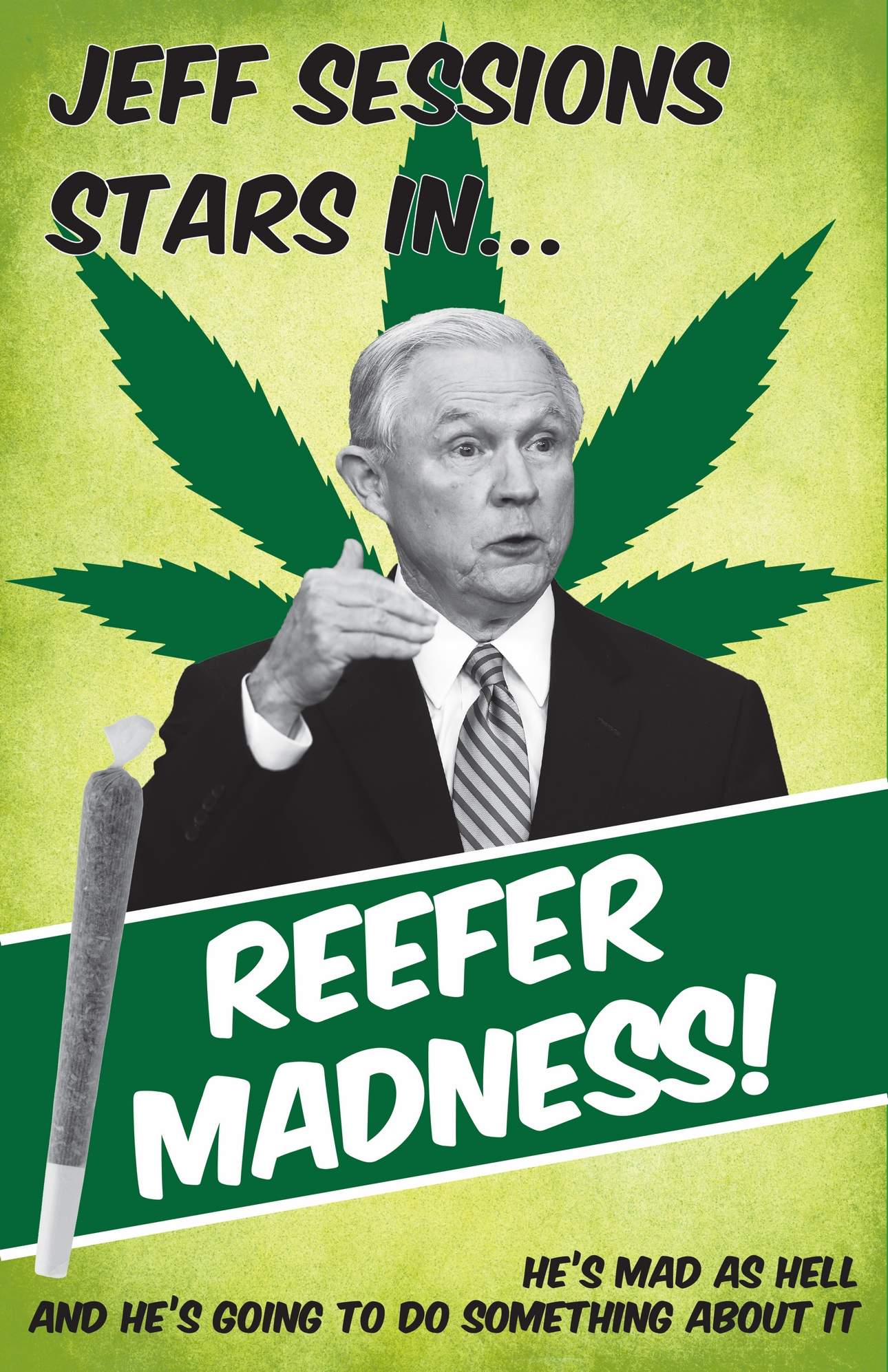Baron23
Well-Known Member
Trump Is Sick of Jeff Sessions, Who (So Far) Refuses to Quit
Like us, President Donald Trump is through with Attorney General Jeff Sessions and wishes he’d picked someone other than the hard-line drug warrior with the segregationist’s resume to become America’s top law-enforcement officer.
And like every other time Donald Trump stumbles upon a sound idea, the president wishes Sessions would do a solid for America and go away forever for the wrong reasons—in this case, so that there would be an attorney general who would make Trump’s biggest problem go away.
On Wednesday, Trump gave a wide-ranging interview to the New York Times, America’s “failing” “fake news” outlet of record. (When Trump finally exits the Oval Office and is kindly led by the hand to a Trump-branded old-folks home, willfully or no, transcripts of the interview will be entered into the record as justification.)
Among the decipherable takeaways is what the Times soberly described as a “remarkable public break” with the attorney general, one of Trump’s earliest and most loyal supporters. Openly and bitterly, the president complained about Sessions’s decision to recuse himself from the ongoing probe into the Trump campaign’s contacts with Russians last year.
Sessions announced he’d step back from the investigation in March, after it became clear that Sessions had several meetings with the Russian ambassador which he’d failed to disclose, despite being asked directly. (This is also known as “lying under oath.”)
You see, the president put Sessions into the job so that he would be there to finesse such things—not so that independent special counsels could dig around in the swamp around Trump Tower and come up with incriminating evidence.
“Sessions should have never recused himself, and if he was going to recuse himself, he should have told me before he took the job, and I would have picked somebody else,” Trump said.
For the attorney general to do so—after Sessions himself misled the Senate in January, lying during his confirmation hearings about prior contacts with Russian officials—was “very unfair to the president,” Trump said.
“Jeff Sessions takes the job, gets into the job, recuses himself, which frankly I think is very unfair to the president,” the president said. “How do you take a job and then recuse yourself? If he would have recused himself before the job, I would have said, ‘Thanks, Jeff, but I’m not going to take you.’ It’s extremely unfair—and that’s a mild word—to the president.”
Trump also had a hot take on Sessions’s fibbing during his Senate confirmation hearings in January.
“Jeff Sessions gave some bad answers,” the president said. “He gave some answers that were simple questions and should have been simple answers, but they weren’t.”
It’s been obvious for some time that Donald Trump values blind loyalty above all else from his subordinates, whose buy-in to the mission—bolstering Trump’s brand—must be total.
Sessions’s recusal, the only choice he had given he is a target of the probe, is bad and unacceptable in the president’s (very questionable, quite possibly seriously addled) judgment, because it looks bad—which is because it is bad.
Sessions and Trump both are almost certainly targets of former FBI director Robert Mueller’s probe.
And here we have a sitting president saying that he appointed an attorney general to make sure such bad things—like collusion with a foreign government to influence an American presidential election—were swept under the rug. This is Nixon-level stuff, if Nixon had so little grasp of the moment and himself as to utter the kind of paranoid delusions captured on the White House audio tapes directly to reporters.
If nothing else, this is proof positive that Jeff Sessions was selected to be attorney general for no other reasons than he wasn’t Chris Christie, and Trump had an expectation of total loyalty, even at the expense of such principles as integrity and the values espoused in the Constitution.
Sessions’s Justice Department spokespeople declined to comment to the Times on Wednesday.
On Thursday morning, Sessions addressed the issue with reporters, saying he has “no immediate plans to resign.”
“We love this job, we love this department, and I plan to continue to do so as long as that is appropriate,” Sessions said, according to the Los Angeles Times. “I’m totally confident we can continue to run this office in an effective way.”
Trump’s focus on the “Trump Russia thing,” as he’s called the scandal that has utterly dominated the first six months of his presidency, is total—so total that it is eclipsing Sessions’s announcement that restrictions on civil asset forfeiture, law enforcement’s ability to seize Americans’ property without a criminal conviction, would be lifted.
Lifting such restrictions, a huge setback for civil liberties and police reform, was an early Trump promise. Whether the president remembers or even cares is unlikely.
While not for the same reasons (recusal), no wanting ole' Jefferson as AG is one of the few things that Trump and I agree upon.
Like us, President Donald Trump is through with Attorney General Jeff Sessions and wishes he’d picked someone other than the hard-line drug warrior with the segregationist’s resume to become America’s top law-enforcement officer.
And like every other time Donald Trump stumbles upon a sound idea, the president wishes Sessions would do a solid for America and go away forever for the wrong reasons—in this case, so that there would be an attorney general who would make Trump’s biggest problem go away.
On Wednesday, Trump gave a wide-ranging interview to the New York Times, America’s “failing” “fake news” outlet of record. (When Trump finally exits the Oval Office and is kindly led by the hand to a Trump-branded old-folks home, willfully or no, transcripts of the interview will be entered into the record as justification.)
Among the decipherable takeaways is what the Times soberly described as a “remarkable public break” with the attorney general, one of Trump’s earliest and most loyal supporters. Openly and bitterly, the president complained about Sessions’s decision to recuse himself from the ongoing probe into the Trump campaign’s contacts with Russians last year.
Sessions announced he’d step back from the investigation in March, after it became clear that Sessions had several meetings with the Russian ambassador which he’d failed to disclose, despite being asked directly. (This is also known as “lying under oath.”)
You see, the president put Sessions into the job so that he would be there to finesse such things—not so that independent special counsels could dig around in the swamp around Trump Tower and come up with incriminating evidence.
“Sessions should have never recused himself, and if he was going to recuse himself, he should have told me before he took the job, and I would have picked somebody else,” Trump said.
For the attorney general to do so—after Sessions himself misled the Senate in January, lying during his confirmation hearings about prior contacts with Russian officials—was “very unfair to the president,” Trump said.
“Jeff Sessions takes the job, gets into the job, recuses himself, which frankly I think is very unfair to the president,” the president said. “How do you take a job and then recuse yourself? If he would have recused himself before the job, I would have said, ‘Thanks, Jeff, but I’m not going to take you.’ It’s extremely unfair—and that’s a mild word—to the president.”
Trump also had a hot take on Sessions’s fibbing during his Senate confirmation hearings in January.
“Jeff Sessions gave some bad answers,” the president said. “He gave some answers that were simple questions and should have been simple answers, but they weren’t.”
It’s been obvious for some time that Donald Trump values blind loyalty above all else from his subordinates, whose buy-in to the mission—bolstering Trump’s brand—must be total.
Sessions’s recusal, the only choice he had given he is a target of the probe, is bad and unacceptable in the president’s (very questionable, quite possibly seriously addled) judgment, because it looks bad—which is because it is bad.
Sessions and Trump both are almost certainly targets of former FBI director Robert Mueller’s probe.
And here we have a sitting president saying that he appointed an attorney general to make sure such bad things—like collusion with a foreign government to influence an American presidential election—were swept under the rug. This is Nixon-level stuff, if Nixon had so little grasp of the moment and himself as to utter the kind of paranoid delusions captured on the White House audio tapes directly to reporters.
If nothing else, this is proof positive that Jeff Sessions was selected to be attorney general for no other reasons than he wasn’t Chris Christie, and Trump had an expectation of total loyalty, even at the expense of such principles as integrity and the values espoused in the Constitution.
Sessions’s Justice Department spokespeople declined to comment to the Times on Wednesday.
On Thursday morning, Sessions addressed the issue with reporters, saying he has “no immediate plans to resign.”
“We love this job, we love this department, and I plan to continue to do so as long as that is appropriate,” Sessions said, according to the Los Angeles Times. “I’m totally confident we can continue to run this office in an effective way.”
Trump’s focus on the “Trump Russia thing,” as he’s called the scandal that has utterly dominated the first six months of his presidency, is total—so total that it is eclipsing Sessions’s announcement that restrictions on civil asset forfeiture, law enforcement’s ability to seize Americans’ property without a criminal conviction, would be lifted.
Lifting such restrictions, a huge setback for civil liberties and police reform, was an early Trump promise. Whether the president remembers or even cares is unlikely.
While not for the same reasons (recusal), no wanting ole' Jefferson as AG is one of the few things that Trump and I agree upon.




